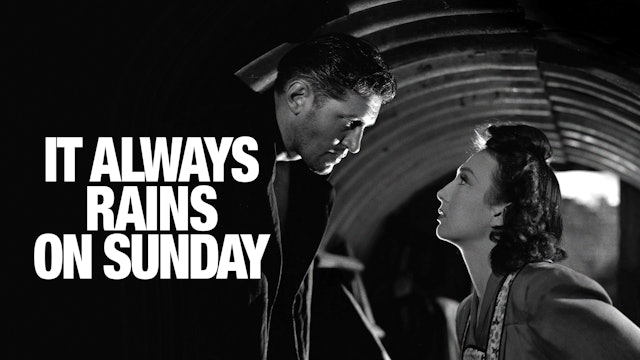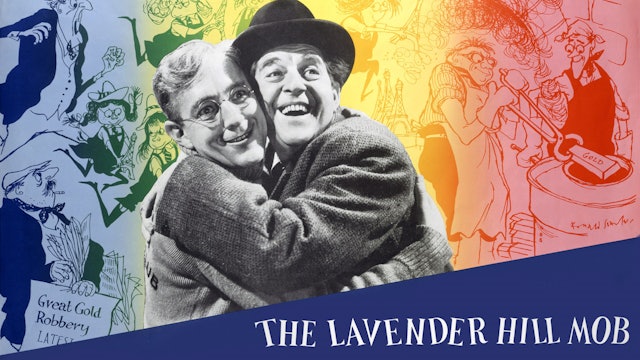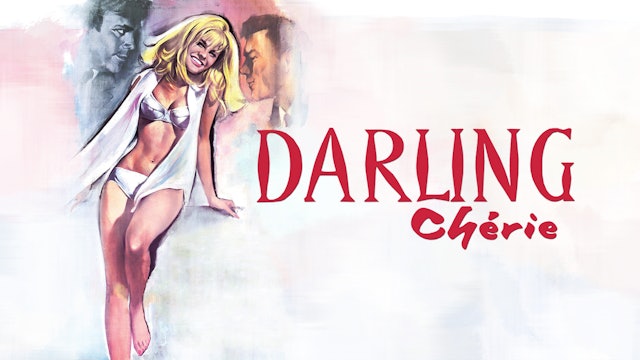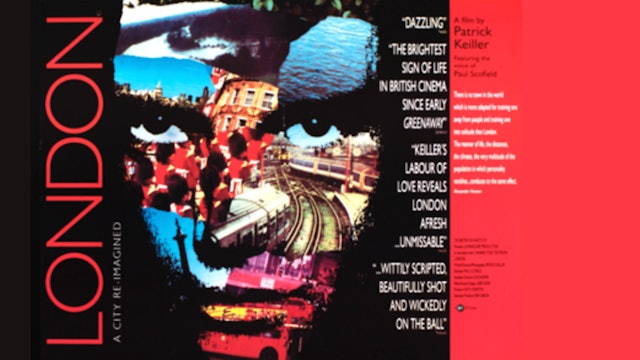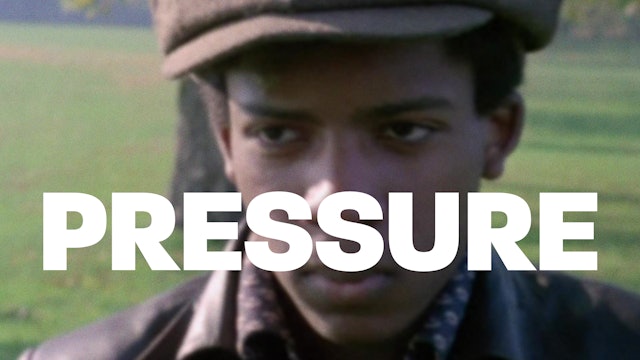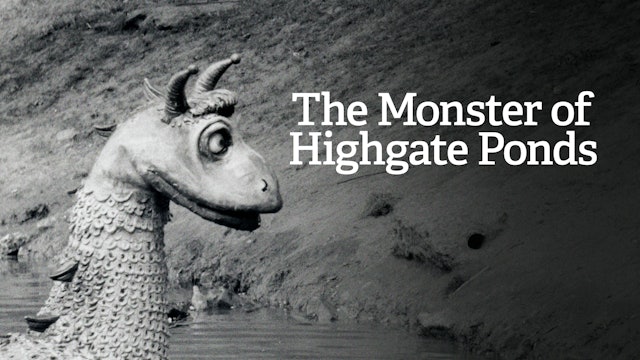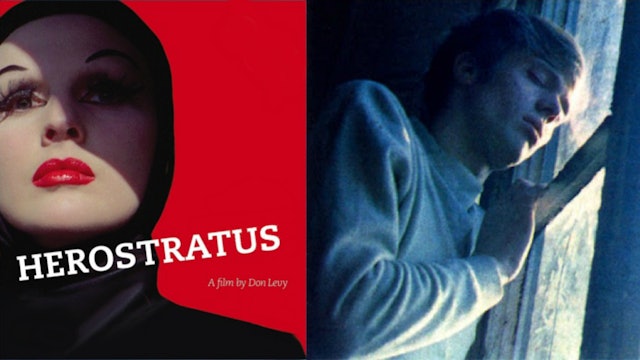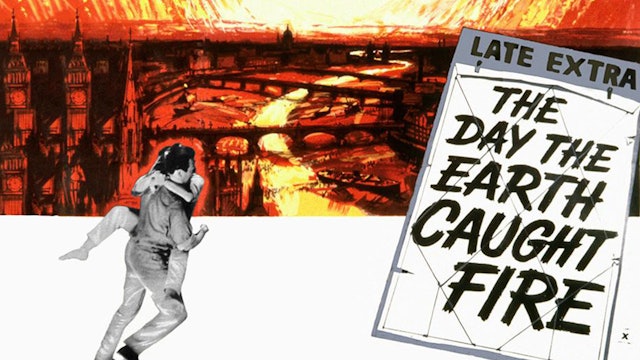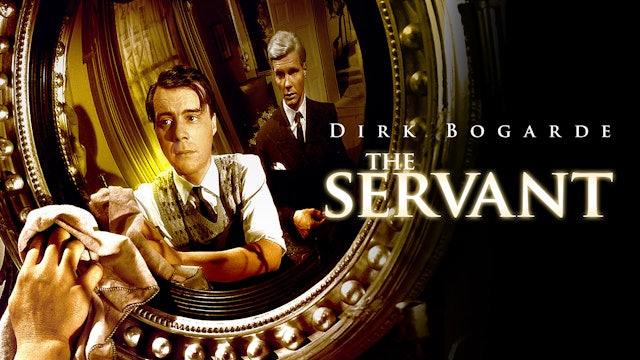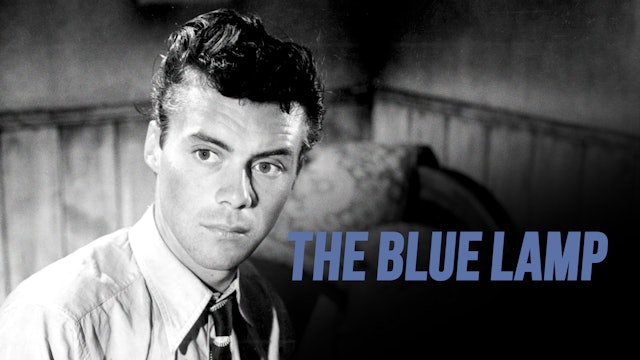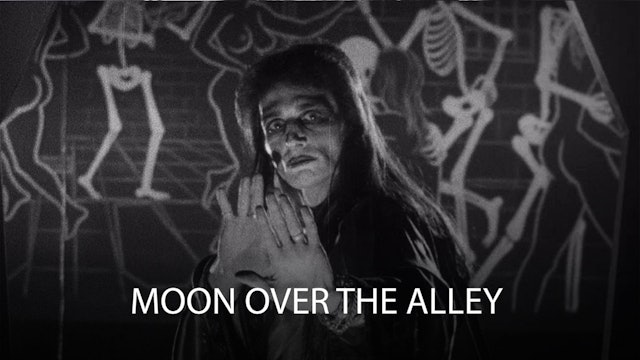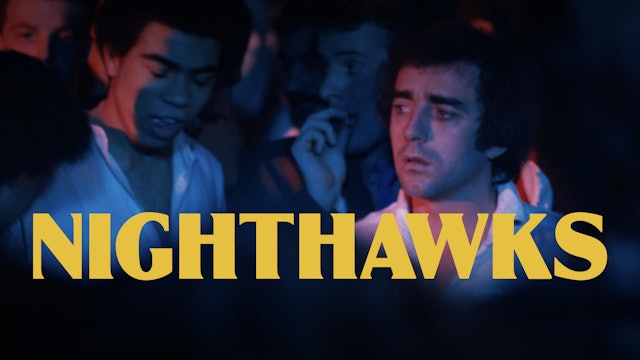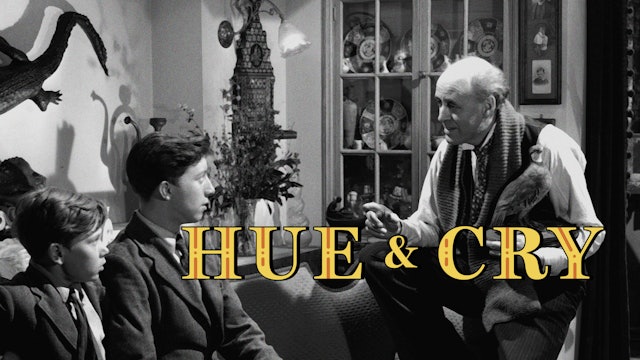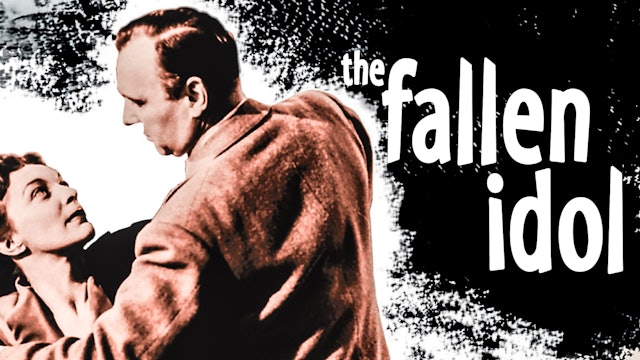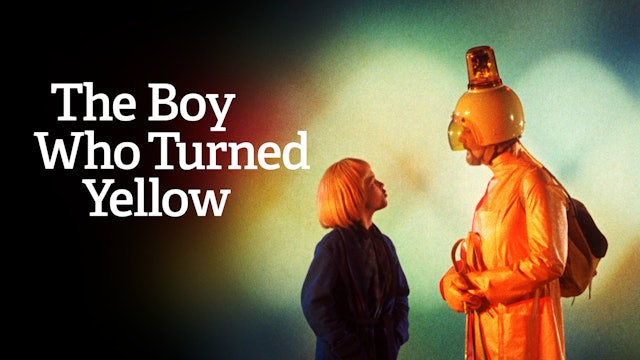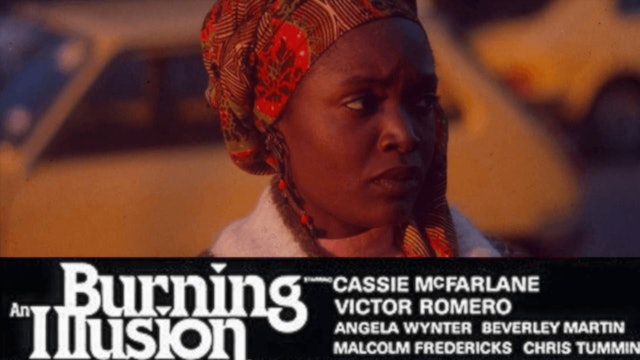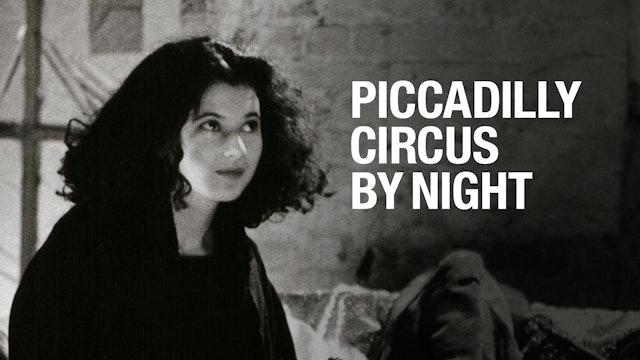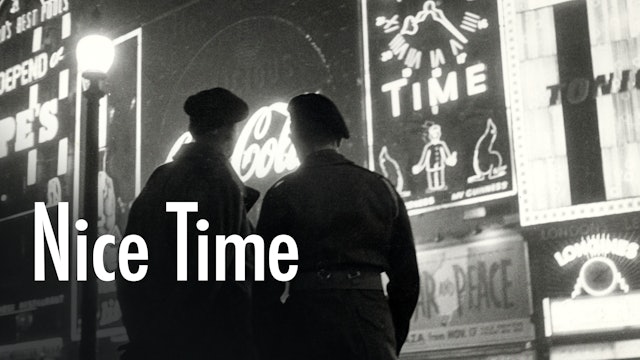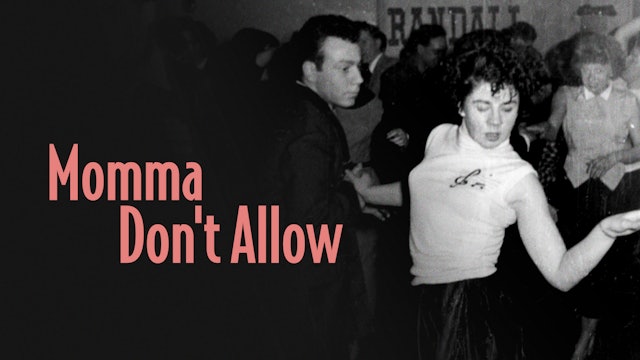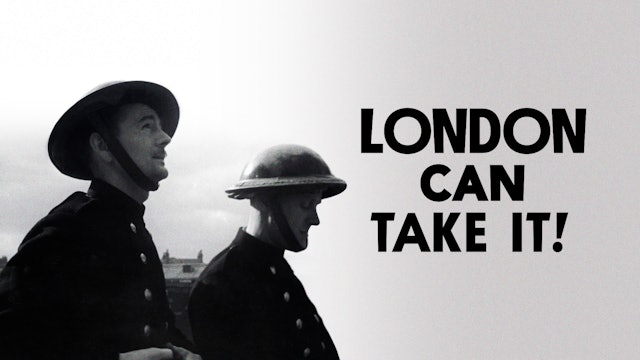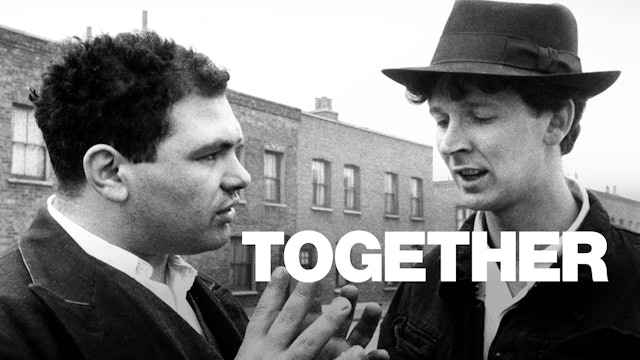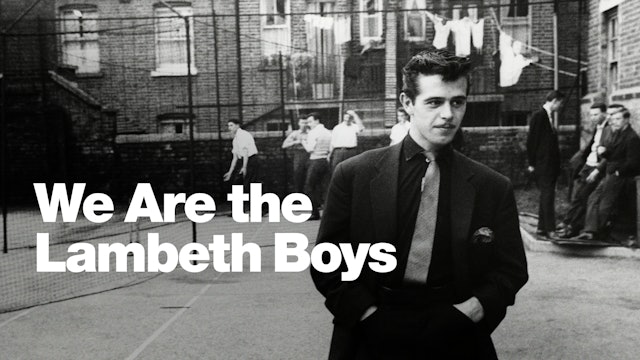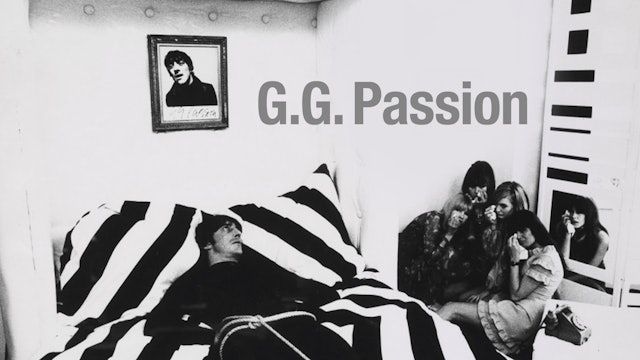London on Film
Since the beginnings of cinema London has proved irresistible to filmmakers. This collection is an eclectic celebration of Britain’s capital on film, highlighting that while London is, and always has been in a state of constant change, it also has a great sense of continuity. Presenting the capital city you know and love - perhaps as you’ve never seen it before.
-
It Always Rains on Sunday
The British New Wave came a decade earlier than advertised with Robert Hamer's downbeat postwar thriller. In a dank East End of ration-book misery, dosshouses and black marketeering, a world-weary housewife is shaken by the sudden reappearance of an old lover, now an escaped convict on the run. R...
-
Passport to Pimlico
In post-war Britain following the detonation of an unexploded bomb the inhabitants of a London street discover riches and artefacts. These documents state that they are citizens of the medieval kingdom of Burgundy. When the government attempts to claim the fortune, the citizens of Burgundy declar...
-
The Lavender Hill Mob
Affable bank worker Henry Holland plots to steal £1million from the Bank of England. He enlists the help of his friend, a small businessman, as the two scheme to smuggle the money out of the country. This light-hearted Ealing comedy sees Alec Guinness and Stan Holloway star as the charming pair o...
-
Darling
When she meets a hip television director, a young woman is swept into the world of London's lavish sixties nightlife. However, her lust to belong to the scene doesn't even begin to quench her thirst for fun, as she drifts from clique to clique looking for an unattainable sense of belonging.
-
Pressure
Hailed as Britain's first black feature film, Pressure is a hard-hitting, honest document of the plight of disenchanted British-born black youths. Set in 1970s London, it tells the story of Tony, a bright school-leaver, son of West Indian immigrants, who finds himself torn between his parents' ch...
-
The Monster of Highgate Ponds
Young David promises to guard a mysterious egg which his uncle brings back from Malaysia. But, when a baby monster hatches, mayhem ensues as David struggles to keep the unruly, but friendly, creature from falling into the clutches of two ruthless crooks.
-
Herostratus
When a young poet (Michael Gothard, the brilliant character actor who excelled in films such as The Devils and The Valley Obscured by Clouds) hires a marketing company to turn his suicide into a mass-media spectacle, he finds that his subversive intentions are quickly diluted into a reactionary g...
-
The Day the Earth Caught Fire
When the USA and Russia simultaneously test atomic bombs, the Earth is knocked off its axis and set on a collision course with the Sun. Peter Stenning (Edward Judd), a washed-up Daily Express reporter, breaks the story and sets about investigating the government cover-up.
-
The Servant
Despite Harold Pinter's fear that Joseph Losey would turn his play into 'a completely homosexual picture', The Servant stands as one of the great critiques of British social and sexual mores. As power relationships between the classes fuel a sexual subtext about dominance and submission which goe...
-
The Blue Lamp
Basil Dearden directs this classic cop thriller which gave rise to long-running TV drama Dixon of Dock Green and influenced a swathe of British crime dramas. Jack Warner is PS George Dixon, the steadfast bobby approaching retirement, who has to contend with a new breed of criminal in the form of ...
-
The Moon over the Alley
The Moon Over the Alley reunited Duffer writer/directors Joseph Despins and William Dumaresq, with this strange London-set musical, again scored by Galt MacDermont (Hair). The film explores the problems facing the multicultural residents in a Notting Hill boarding house of the early 1970s, desti...
-
Nighthawks
The first major British gay film, this study of a closeted schoolteacher who spends his nights cruising London's gay clubs in search of Mr Right defies categorisation. Both a fascinating glimpse into the 1970s scene and a portrait of an ordinary gay man living in a homophobic society, Nighthawks ...
-
Hue and Cry
The bomb-torn streets of postwar London are the stage for a ripping boys'-own adventure in this buoyant classic, the first of the great 'Ealing comedies'. When schoolboy dreamer Joe discovers that robbers are planning their crimes using secret codes in a children's comic, the police are unconvinc...
-
The Fallen Idol
Carol Reed followed the success of Odd Man Out (1947) with this adaptation of Graham Greene’s short story, The Basement Room. Young Felipe (a revelatory Bobby Henrey) is a son of a diplomat who is never around, who instead forms a friendship with his butler Baines (Ralph Richardson). Baines impre...
-
The Boy Who Turned Yellow
The Boy Who Turned Yellow is the splendidly eccentric final collaboration from the eminent filmmaking duo Michael Powell and Emeric Pressburger. London schoolboy John Saunders turns a bright yellow after losing his pet mouse on a school trip. Is the mysterious colour change the result of an alien...
-
Burning an Illusion
Menelik Shabazz’s pioneering first feature, shot around the communities of Notting Hill and Ladbroke Grove, marked a coming of age for black British cinema. A love story that traces the emotional and political growth of a young black couple in Thatcher's London, it was the first British film to ...
-
Piccadilly Circus by Night
European emigre Tanya moves to London to work as a family au pair. Still grieving for her recently deceased father and rejected by an old girlfriend, Tanya draws closer to her employer's husband. The sights and sounds of the Capital at Christmas form a deceptively romantic backdrop for this bri...
-
Momma Don't Allow
This lively Free Cinema short captures a night out at the Wood Green Jazz Club, where teenagers jive to trad jazz. Funded by the BFI Experimental Film Fund, it was filmed over the course of nine Saturdays by Karel Reisz, then programmer of the National Film Theatre, and a young BBC television dir...
-
London Can Take It!
Humphrey Jennings and Harry Watt's famous film, produced at the GPO film unit, is an enduring example of British self-mythology and rousing evidence of the artistic potential of supposed propaganda. A hymn to our capital city's resilience during the Blitz, structured as a day-in-the-life of stiff...
-
Together
Italian director Lorenza Mazzetti borrowed techniques from the neorealist school to conjure this striking study of East End life, one of the original Free Cinema shorts. Following the ambling existence of two deaf-mute dock workers, Mazzetti crafts a poetic depiction of post-war London populated ...
-
We Are the Lambeth Boys
Karel Reisz’s honest and sympathetic depiction of South London teens aimed to challenge the media perception of ‘Teddy Boys’, and would be one of the last films to appear under the Free Cinema banner. One of the key elements of the Free Cinema films was the sympathetic representation of working-c...
-
G.G. Passion
A rare chance to see an extremely elusive short; one of a handful of films directed by celebrated photographer David Bailey. This singular take on the mania of the swinging sixties - from one of its key protagonists - follows an ageing pop singer as he is hounded by mysterious assassins.
The re...

